Editor's Note
Today marks World Water Day (WWD), an annual international campaign to focus attention on the vital role of freshwater and advocate for the sustainable management of water resources.
Let's meet with a group of energetic TsinghuaRen involved in issues related to water. Taking various roles, they hold similar goals of sustainable use of water with equivalent perseverance.
Developing better technologies to treat wastewater efficiently
Zhang Xiaoyuan
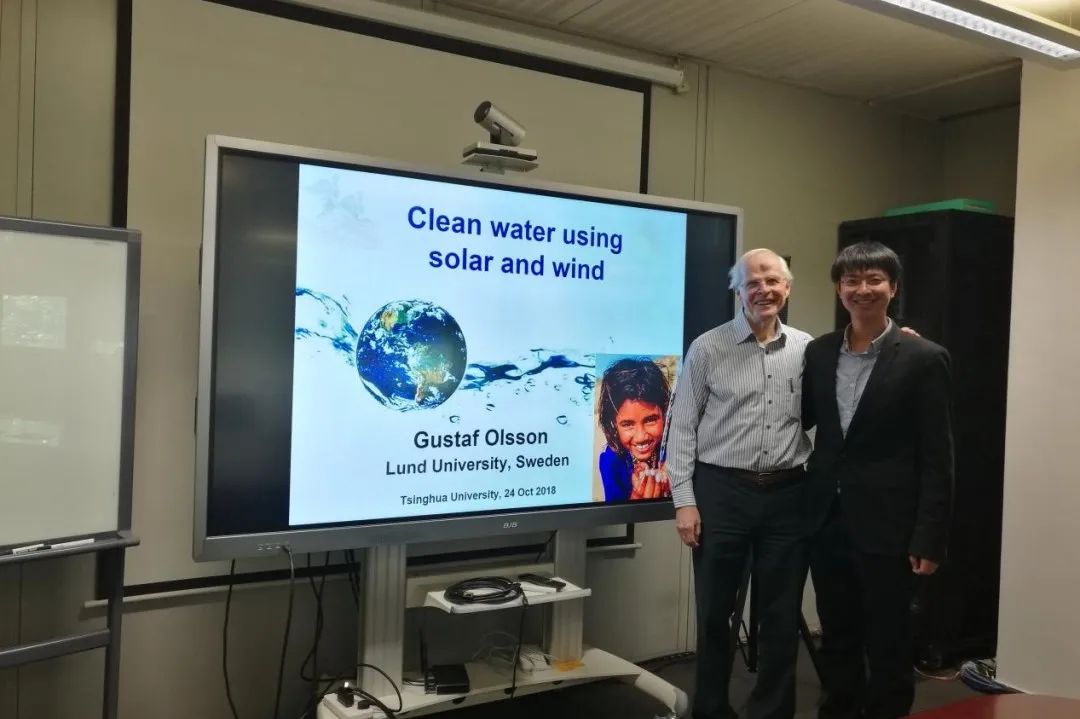
When it comes to World Water Day, Prof. Zhang Xiaoyuan vividly remembers the moment in 2019 when he appeared in a special photo gallery of the International Water Association (IWA) among many other scholars promoting international water academic communication.
As an associate professor at the School of Environment, Prof. Zhang's research interest lies in advanced wastewater treatment and resource recovery from wastewater. Considering resources in wastewater, including chemical energy, nutrients and water, what he does is to develop better technologies to treat wastewater efficiently and maximize its reuse.
"We are faced with problems of water pollution, water resource shortage and water ecological damage across the world and wastewater resource recovery is one of the effective ways to solve them at the same time," said Prof. Zhang.
The term "One Water" explained the significance of his work to the water cycle very well. "Water supply and wastewater treatment are integrated. Humans get water source and then produce wastewater, which, after purified and recovered, will come back to our daily activities, or be discharged into the natural water cycle process again."
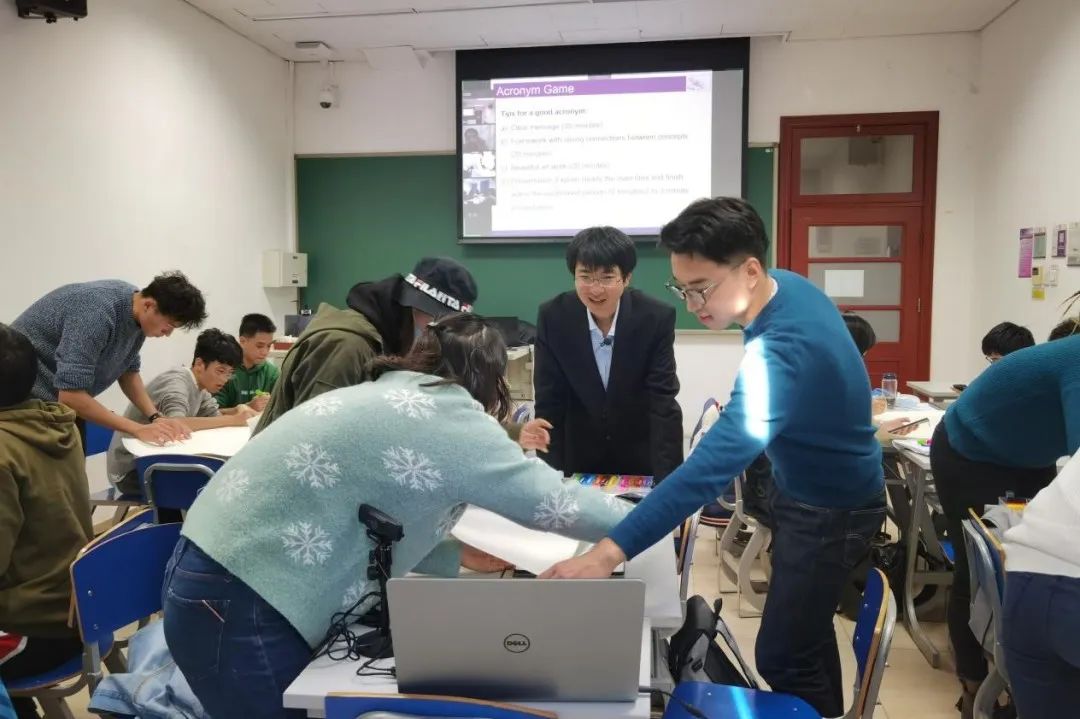
Aside from dedicating himself to research, Prof. Zhang enjoys cultivating future talents wholeheartedly, and is also enthusiastic about promoting the teaching quality under the circumstances of hybrid teaching. Offering guidance to the young generation without reservation, he always regards it important "to concentrate when doing your research, especially when encountering failure."
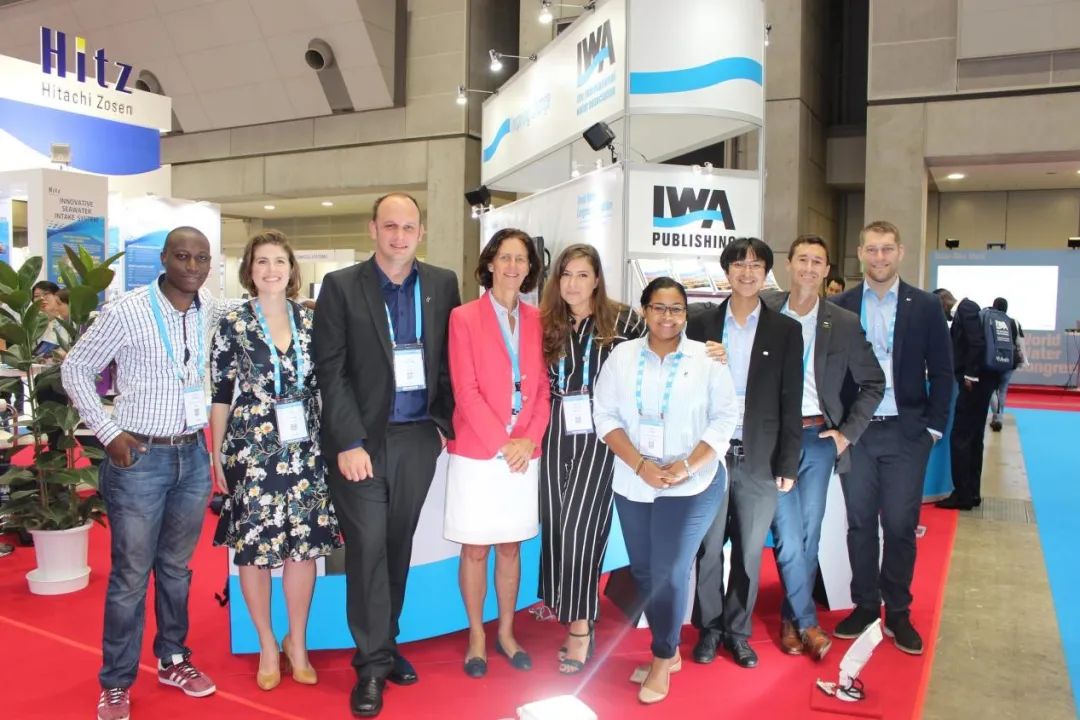
Furthermore, he emphasized the importance of academic communication with peers worldwide. As a vice-chair of the IWA Young Water Professionals China Chapter, he attaches great value to enhancing international academic communication. "We need mutual communication to learn from peer scholars and to work together with each other for a better water academic community," he said.
Continuing her concern on water issues from PhD study to career
Kate Smith
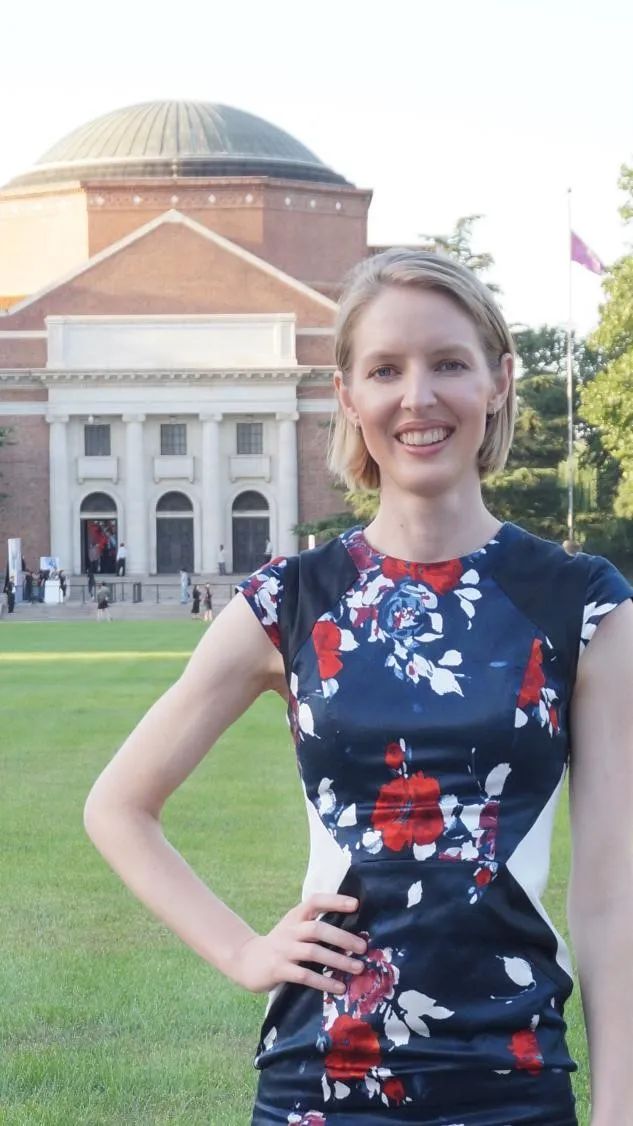
Though Kate Smith left Tsinghua University three years ago, campus life remains vivid in her mind. Having spent more than 5 years at the School of Environment, this Australian girl graduated in 2019 with a PhD in environmental science and engineering, and has devoted herself to reducing energy use in the water sector.
During her time in Tsinghua, she has focused on pressure in the water distribution system required to lift water from the ground to high floors, exploring how much energy could be saved from the pumping process. She, with her research team, has proposed the optimal control method of energy consumption in the water distribution system, which has then been applied to the planning of the water supply network in Xiong'an. Also keen on voluntary work, from 2015 to 2016, she has promoted clean drinking water and helped rural areas build simple filters to reduce arsenic, a contaminant that may lead to increased cancer risk.
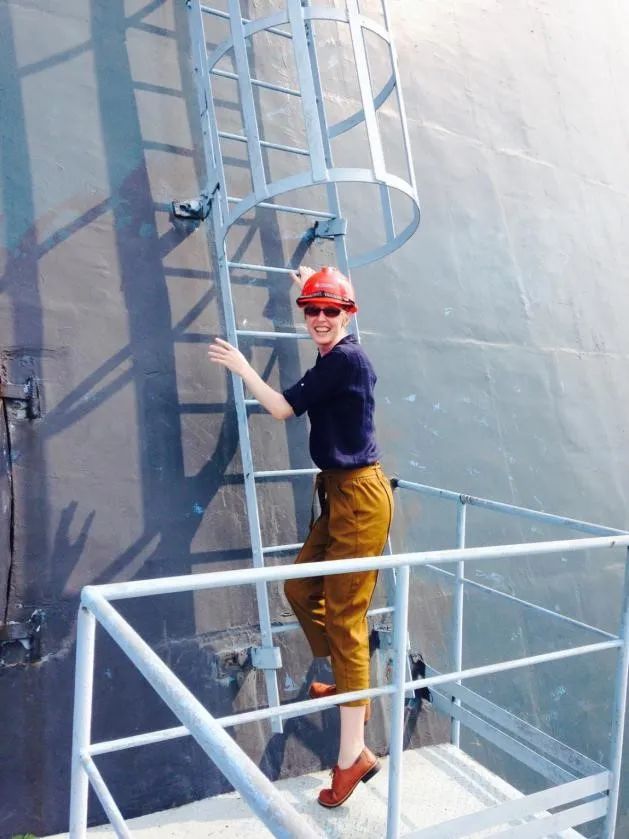
The concern and passion continue in her current work in an engineering consulting company in Australia, which mostly relates to wastewater treatment and planning. Most recently, she helped review wastewater recycling options for remote communities in the Northern Territory.
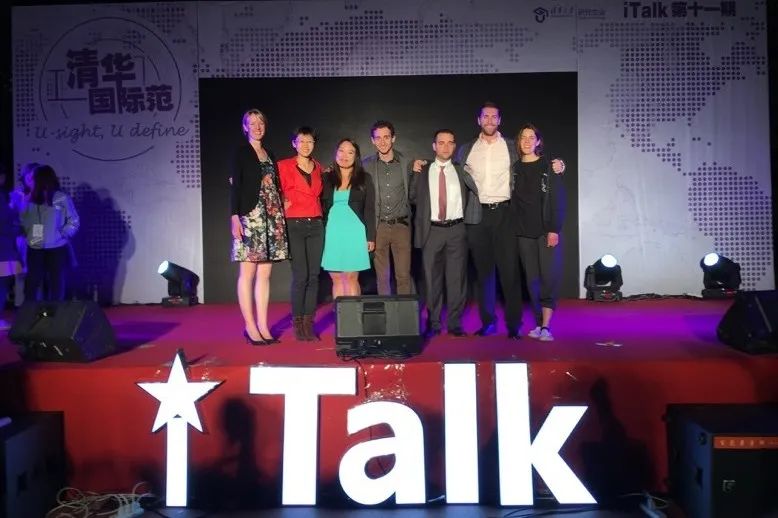
"In Australia and in China, we are affected by major water issues, including both flooding and droughts. Here we are in a significant moment with the effects of climate change causing more natural disasters and increasing our concern about water problems."
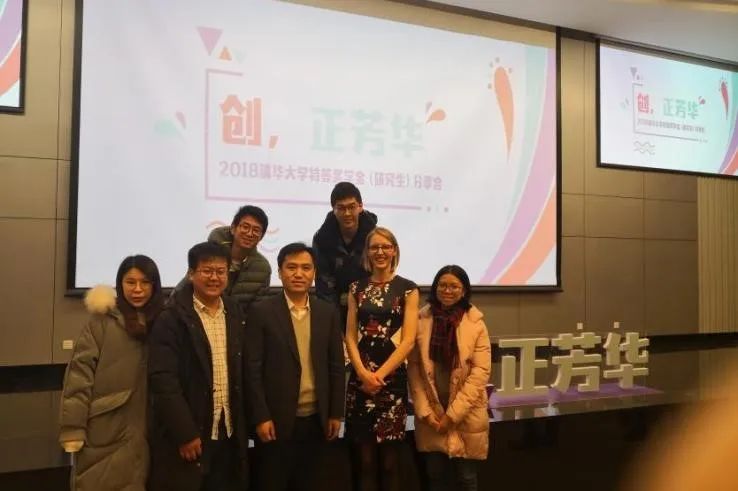
Promoting sustainable development through student association
RISE
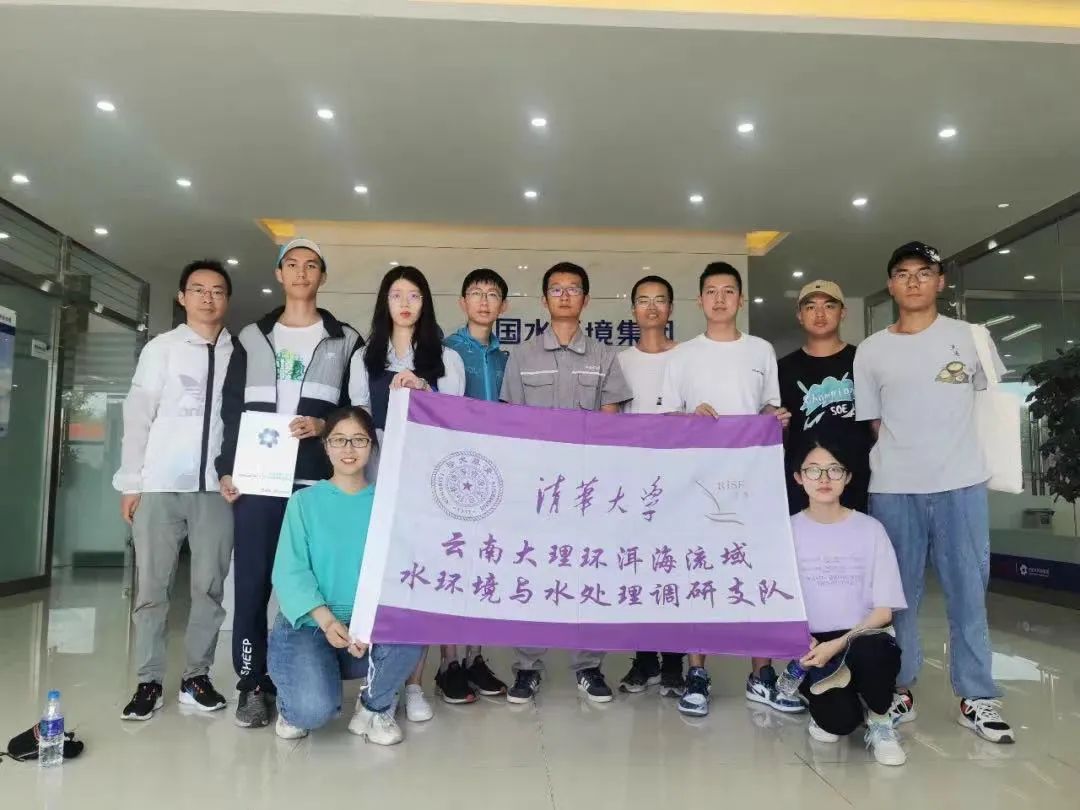
Founded in November 2011, RISE, Rural International Student Exchange, is a student organization aiming to promote sustainable development. With passion, knowledge, and experience in water safety, climate change, and waste management, members are encouraged to combine environmental protection with voluntary practices, making impacts both in scientific innovation and practices.
Concerned about the water safety issue in rural areas of China, RISE members have traveled to a range of villages during vacations since 2011, expecting to improve the quality of local drinking water. They have independently developed a product called Domestic Biosand Filter, which could reduce contaminants such as heavy metal elements from water. For example, they successfully reduced the arsenic concentration from approximately 200 µg to less than 50 µg in Pingyao, meeting the national standard at that time.
This remarkable invention has been widely put into practice in many areas because of its low costs and high efficiency. A research paper was even published in SCI journals and won them the first prize in the 1st Future Engineers for Water and Environmental Safety International Student Competition in 2018.
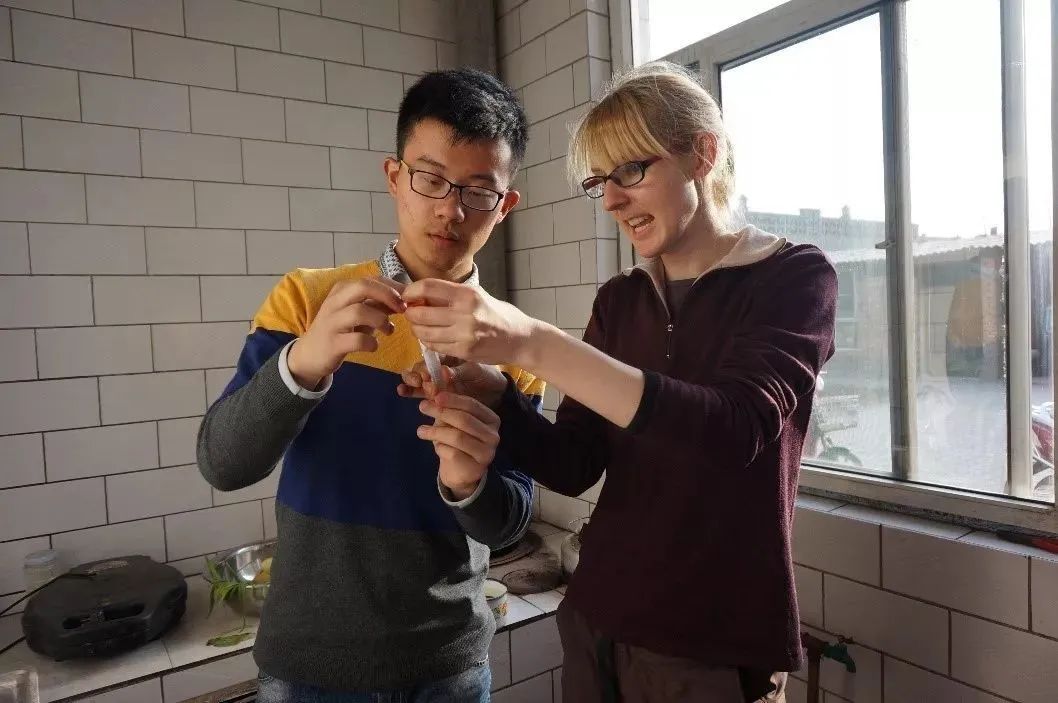
Last year, RISE members went to Erhai Lake in Yunnan Province, investigating the water pollution there. Through interviews with staff from different related departments, they acquired a whole picture of its current state, the possible causes of water pollution, and effective initiatives brought by local governments. Also based on much paperwork and field investigation, a comparative study has been conducted with other highland lakes, summing up the common solutions for agricultural pollution, domestic sewage, and algal bloom pollution. They hoped that this study can give insight into the pollution prevention, policy-making and long-term planning of lake districts.